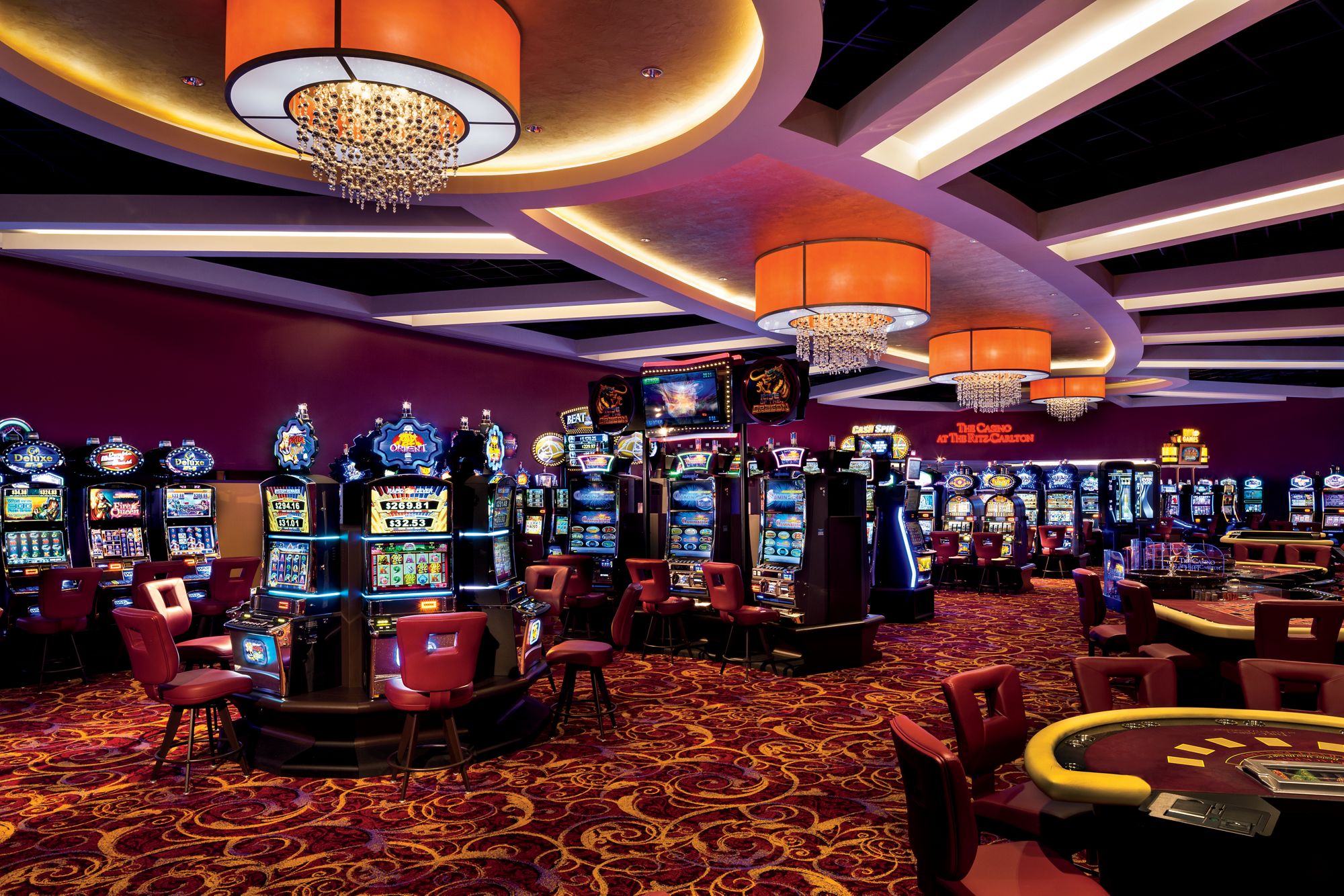In the world of gambling, where chance and strategy intersect, a unique tapestry of beliefs emerges—one that weaves together luck, fate, and the enigmatic nature of casino games. Casinos, bustling with excitement and anticipation, are not just places for placing bets; they are also arenas in which superstitions thrive. From the novice player to the seasoned gambler, these mysterious practices often shape how individuals approach the games they play, holding the belief that their actions can affect the outcome in ways that go beyond mere probability.
When players gather around roulette wheels, blackjack tables, and slot machines, the atmosphere is thick with stories of lucky charms, rituals, and codified behavior that defy logic yet provide a sense of comfort. It could be the case that it’s wearing a specific outfit, following a particular sequence of bets, or even avoiding certain numbers, the attachment to various superstitions reflects a deep-rooted desire to control the uncontrollable. This article delves into the captivating world of casino game superstitions, exploring the beliefs that simultaneously entertain and mystify those who dare to play.
Historical Origins of Superstitions
Gambling activities have long been entwined with an array of superstitions that go back to ancient civilizations. The roots of these ideas can be associated to humanity’s innate need to influence the random outcomes related with fortune and chance. In ancient civilizations, activities of uncertainty were often tied to religious practices. Gamblers would call upon aid or seek favor from deities, believing that their actions could influence the outcomes in their advantage. This foundation laid the foundation for the myriad of superstitions that developed as casino games evolved over time. MCW77
During the medieval period, gambling became a common hobby across the continent, and with it, a diverse tapestry of superstitions emerged. Players adopted various rituals and charms, believing they could affect the consequences of games. The value of digits, in particular, started to manifest in superstitions related to card games and dice. The number 7 was often considered auspicious, while various numbers carried negative connotations. These beliefs mirrored the societal contexts of the time, changing as they transferred through generations and adapted to new gaming environments.
As gaming establishments emerged in the seventeenth century, particularly in Italy and the French nation, the atmosphere surrounding betting became saturated in enigma. The growing accessibility of casino games allowed for the spread and diversification of superstitions among players. Concepts like charmed charms, designated seating locations, and rituals gained prominence, creating a distinct culture within casinos. As these customs continued to thrive, they became fundamental to the identity of casino activities, illustrating how the past and tradition shape the convictions that influence how gamblers connect with luck.
Widespread Casino Myths
Beliefs surrounding casino games are plentiful and diverse, reflecting the dreams and fears of gamblers as they engage in chance-based games. One of the most common views is that certain digits bring luck or misfortune. For example, the digit seven is often seen as a favorable digit, frequently embraced by gamblers looking for a positive result. Conversely, the digit 13 is routinely considered cursed, leading many gamblers to avoid it during their gaming sessions.
Another frequent superstition relates to rituals that players believe can affect their chances. Whether blowing gently on the dice before a roll, using a specific hand to place a wager, or even putting on specific items of clothing, many people feel that these actions can tilt fate in their benefit. These practices offer a feeling of control in an otherwise random environment, reinforcing the idea that fortune can be created through personal convictions and customs.
Finally, the ambiance and vibe of the casino itself contributes to myths. Many gamblers suggest that the presence of certain icons, such as four-leaf clovers or fortunate tokens, can enhance their chances of success. Additionally, players might adhere to the belief that victory streaks can be halted by mundane events, such as a person walking past or a spill at the table. The shared environment in a gambling house can amplify these superstitions, creating a communal culture of superstitions that goes beyond individual encounters.
Impact of Superstitions on Players
Beliefs play a significant role in the mindset of gamblers, often affecting their behavior and choices. A lot of gamblers believe that luck can be influenced through different rituals, such as donning a talisman, choosing particular hues, or avoiding certain numbers. This dependence on superstitions can create a sense of control in an environment that is intrinsically unpredictable. Players frequently feel more self-assured and engaged when they think that their actions could sway the result of a game in their advantage.
The impact of these superstitions extends beyond singular players, affecting the general atmosphere within the casino. For example, a player who holds the belief in the luck of a particular slot machine might attract a gathering, as others are intrigued by their apparent success. This shared belief can amplify excitement and create a lively environment, leading to an captivating experience even for those who may not necessarily be superstitious. The excitement around specific games can lead to higher participation and extended playing sessions, supporting the casino’s vibrant social scene.
In some instances, superstitions can lead to detrimental effects for players. Depending too heavily on rituals can result in bad gambling decisions, as some may overlook basic strategies in favor of baseless beliefs. Additionally, the pressure to perform rituals may increase anxiety and stress levels, diminishing from the enjoyment of the experience. Ultimately, while superstitions can enhance the thrill of playing casino games, they can also lead to foolish choices that overshadow the enjoyment and amusement intended in the casino experience.

